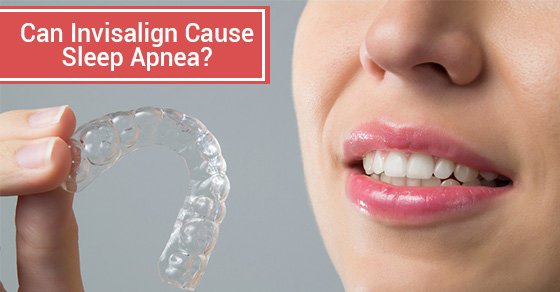Sleep apnea is a condition during which breathing stops periodically during sleep. Breathing can stop as many as 30 times per hour, resulting in a lack of oxygen to your brain. When you stop breathing your body wakes up to restart the breathing cycle. Sleep apnea is very dangerous and should not be left untreated. There are three types of sleep apnea: obstructive sleep apnea (OSA), which is due to a physical blockage from the collapsing of the soft tissue at the back of the throat; central sleep apnea (CSA), which occurs when breathing stops because the muscles aren’t able to receive the right signal from the brain; and mixed/complex sleep apnea which is a combination of CSA and OSA.
What Are The Signs Of Sleep Apnea?
Sleep apnea can be hard to detect since many people do not realize that they’re waking up in the middle of the night due to lack of oxygen. The more prominent signs of sleep apnea are difficulty sleeping, insomnia, waking up short of breath, headaches when you wake up in the morning, periods of extreme drowsiness throughout the day, making snorting or choking sounds while sleeping, and intense snoring. People who suffer from sleep apnea may also find themselves falling asleep inadvertently during the day. Moreover, sleep apnea more commonly occurs in men and adults who are 40+.
What Causes Sleep Apnea?
There are many causes of sleep apnea and wearing an Invisalign device is not one of them. Obesity, hypothyroidism, excessive amounts of growth hormones, a deviated septum and even allergies can all cause sleep apnea. People who smoke and abuse alcohol are also at risk for developing sleep apnea. Furthermore, if you use sedatives or tranquilizers regularly you could also be in danger of developing sleep apnea.
If left untreated, sleep apnea can lead to strokes, high blood pressure and an increased risk of heart failure. Please see your doctor immediately if you think you may have sleep apnea.
